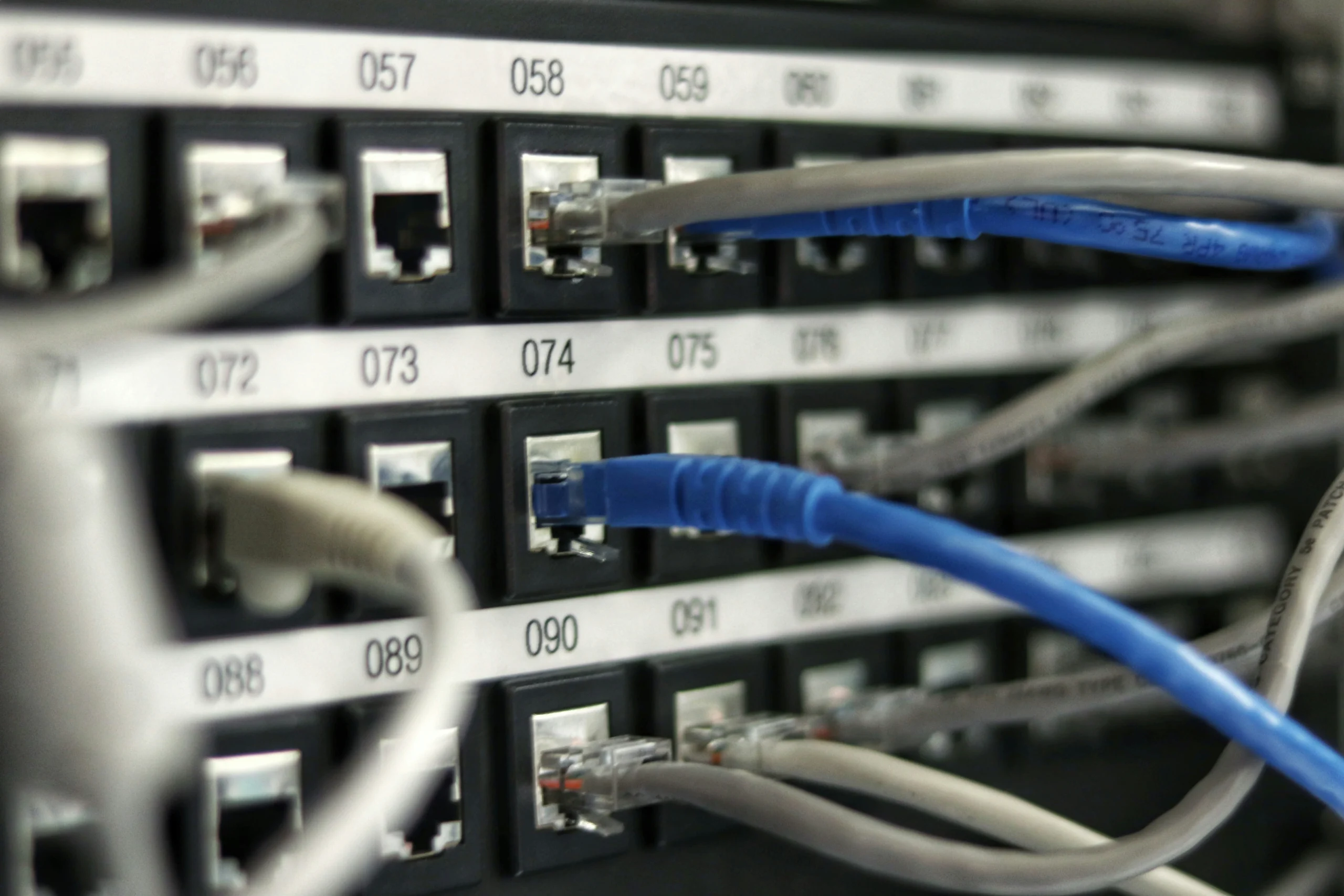Climate related events are on the rise, which insinuates that the resilience of our digital infrastructure is more critical than ever. For data center operators, ensuring operational reliability in the face of extreme weather is not just a technical challenge—it’s a fundamental business imperative.The effects of downtime are detrimental to a company’s finances and reputation. This is where the strategic implementation of weatherproofing for modular data centers becomes a forward-thinking necessity, especially in regions prone to environmental extremes.
The increasing frequency of severe weather, from scorching heatwaves to torrential floods, poses a significant threat to data center operations worldwide. These events can lead to power outages, physical damage to infrastructure, and crippling disruptions to network connectivity. In fact, a 2021 Uptime Institute study revealed that nearly half of all data centers have faced an extreme weather event that jeopardized their continuous operation. For businesses in the Middle East, where high temperatures and other environmental factors are a constant, the need for robustly designed and protected data centers is particularly acute.
The Rise of the Resilient Modular Data Center
A modular data center provides a strategic, prefabricated, and scalable approach to rapidly and efficiently deploying resilient data center capacity. These self-contained units, which can be deployed as all-in-one containers or as part of a larger, scalable infrastructure, are engineered to withstand a variety of environmental challenges. This makes the modular data center design an increasingly popular choice for companies seeking to build resilient and future-proof digital foundations.
Key players in the region are already paving the way for advanced data center solutions. In the UAE, companies like ours, PodTech™ Data Center are providing customizable modular data center solutions, with a focus on waterproof and fire-rated designs suitable for any environmental condition.
Specific Weatherproofing Concerns and Solutions for Modular Data Centers
Flooding and Water Intrusion: For any portable modular data center or permanent installation, protection against water is paramount. Raised foundations, flood barriers, and meticulously sealed building penetrations are crucial first lines of defense. Waterproofing membranes and joint sealants are essential to prevent water ingress, which can lead to short circuits and catastrophic equipment failure.
High Winds: The structural integrity of a modular data center container must be sufficient to withstand high wind speeds. This includes reinforced roofing, securely anchored external equipment, and proper sealing of all building components to prevent air and water leakage.
Extreme Temperatures: The Middle East is synonymous with extreme heat, a significant challenge for data center operations. High temperatures can strain cooling systems, degrade the performance of power systems, and even damage cabling. Consequently, a robust modular data center cooling system is a critical design imperative.This can include advanced solutions like liquid cooling and optimized airflow management to ensure equipment operates within safe temperature ranges. Many providers now offer sophisticated cooling solutions specifically for these harsh environments.
Power Outages: Severe weather is a leading cause of power failures. To mitigate this risk, every mobile data center and permanent facility must be equipped with redundant power systems. This includes uninterruptible power supplies (UPS) and backup generators with ample fuel reserves to ensure continuous operation during an outage.
The Consequences of Inadequate Weatherproofing
You can face significant consequences from not adequately weather-proofing your data centers, such as:
- Downtime: Weather-related incidents are a major cause of downtime, leading to significant financial losses and damage to a company’s reputation.
- Equipment Damage: Sensitive IT equipment is highly susceptible to damage from water, power surges, and extreme temperatures, necessitating costly repairs and replacements.
- Increased Operational Costs: Inefficient cooling systems working overtime in extreme heat or a heavy reliance on backup power can lead to soaring energy consumption and operational expenses.
Best Practices for a Weatherproof Modular Data Center
Having a strategy that is multi-faceted helps immensely to ensure the resilience of a prefabricated modular data center:
- Strategic Site Selection: A thorough risk assessment of the proposed location, considering factors like flood plains and seismic activity, is the first and most critical step.
- Resilient Building Design: Utilizing weather-resistant materials and construction techniques is fundamental. This includes reinforced structures and high-quality, sealed penetrations for cables and pipes.
- Robust Equipment Protection: Installing surge protection, redundant power and cooling systems, and comprehensive environmental monitoring are all essential safeguards.
- Advanced Sealing Solutions: High-quality, durable sealing for all penetrations is vital to create a watertight and airtight enclosure.
- Regular Maintenance and Testing: Proactive and routine inspections of all weatherproofing systems, including backup power and cooling, are crucial to identify and address potential vulnerabilities before they become critical failures.
The Future is Modular and Resilient
As our reliance on digital infrastructure continues to grow, so too will the importance of ensuring its resilience. By prioritizing weatherproofing and embracing the advantages of a scalable modular data center, businesses can safeguard their critical assets, minimize the risk of costly downtime, and build a truly resilient digital future.
Conclusively, it is essential that modular data center companies/manufacturers focus their efforts on creating weather-proof, modular designs not just as a trend—but as the cornerstone of sustainable and reliable digital growth.

